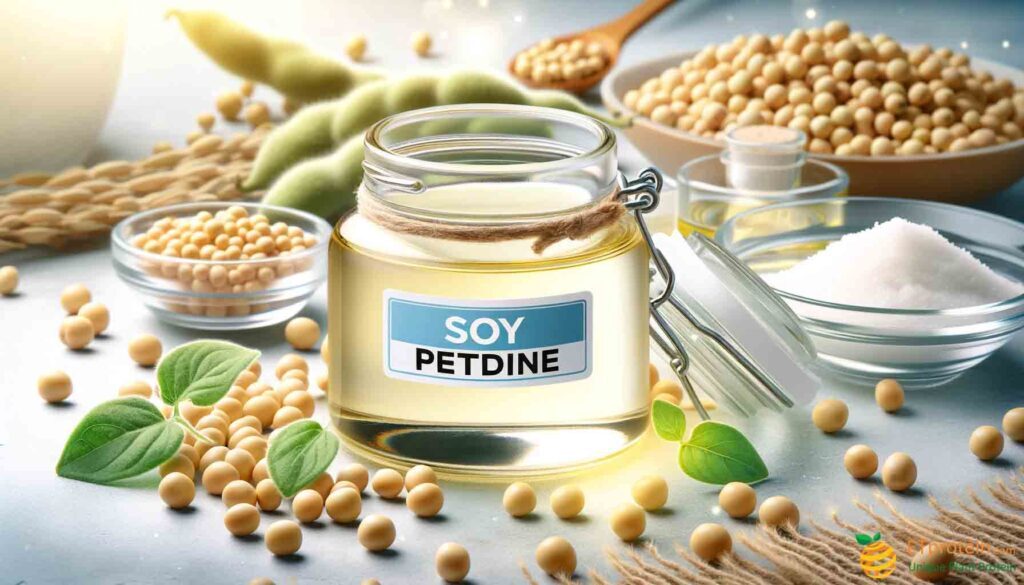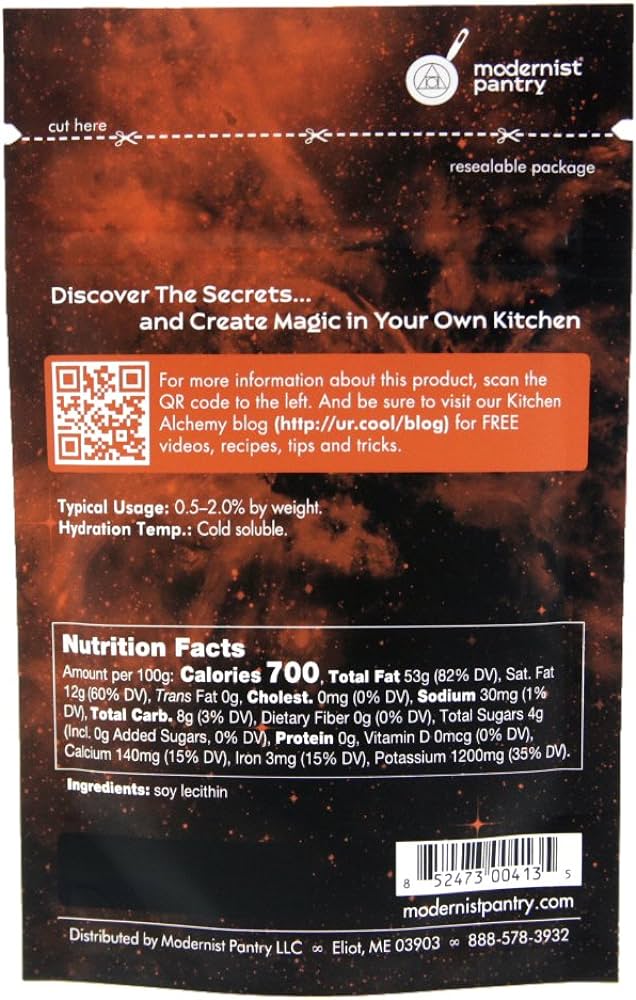Soybeans, also known as soybeans, soya beans, or soya beans, are a species of legume native to East Asia and widely grown for their edible beans. These beans have numerous uses and are a staple in many cuisines around the world.
Traditional unfermented food uses of soybeans include soy milk, which is used as a base for making tofu and tofu skin. Additionally, soybeans can be used in various dishes and recipes, such as edamame beans, soy chunks, and soybean meal.

Credit: www.etprotein.com

Credit: www.wholefoodsmarket.com
Nutritional Value of Soybeans
Soybeans are highly nutritious and offer a range of health benefits. They are a rich source of proteins, healthy fats, and fiber. Adding soybeans to your diet provides essential nutrients, including potassium, folate, magnesium, iron, and various B vitamins.
Here is a snapshot of the nutritional content of soybeans:
| Nutrient | Amount per 100g |
|---|---|
| Protein | 36g |
| Fat | 20g |
| Fiber | 9g |
| Potassium | 1797mg |
| Iron | 9mg |
| Folate | 375mcg |
Soybeans are also low in saturated fat and cholesterol-free, making them a healthy choice for those looking to maintain a balanced diet.
Health Benefits of Soybeans
There are many benefits of including soybeans in your diet. Some of these benefits include:
- High in fiber, promoting digestive health
- Rich in protein, aiding in muscle growth and repair
- Low in saturated fat, supporting cardiovascular health
- Cholesterol-free, beneficial for maintaining healthy cholesterol levels
- A source of antioxidants, protecting against cell damage
- High in phytoestrogens, which may help regulate hormone levels
Eating soybeans has been associated with various health improvements, including diabetes management, cancer prevention, weight management, and improved skin health.
Pros and Cons of Soybeans
While soybeans offer numerous health benefits, it is important to be aware of any potential drawbacks. Here are some pros and cons of consuming soybeans:
Pros:
- Used in the treatment of diabetes, cancer, and cardiovascular diseases
- Aids in weight management and lowering blood pressure
- Improves skin health
- Helps manage depression
Cons:
- Possible side effects like allergy, constipation, and diarrhea
How to Incorporate Soybeans into Your Diet
There are many delicious ways to enjoy the nutritional benefits of soybeans. Here are some ideas:
- Add cooked soybeans to salads
- Make a soy-based stir-fry with veggies and protein
- Blend soy milk into smoothies or use it as a dairy-free alternative in recipes
- Use soybean oil for cooking or as a salad dressing
By incorporating soybeans into your diet, you can enjoy their nutritional value and reap the associated health benefits.
Frequently Asked Questions For Soybeans Nutritional Content: Discover The Secrets
What Is The Nutritional Value Of Soybeans?
Soybeans are high in protein, low in saturated fat, and rich in nutrients like folate, calcium, iron, and potassium.
What Are The Benefits Of Eating Soybeans?
Eating soybeans provides high protein, low saturated fat, and essential nutrients like folate, calcium, and iron. Soybeans are also cholesterol-free, lactose-free, and rich in fiber and antioxidants.
What Are The Pros And Cons Of Soybeans?
Soybeans are a nutrient-rich source of proteins and healthy fats that are high in fiber. They offer benefits such as treating diabetes, cancer, cardiovascular diseases, weight management, and improving skin health. However, some people may experience side effects like allergy, constipation, and diarrhea.
Overall, soybeans provide a range of health benefits, making them a valuable addition to your diet.
Which Is Healthier Edamame Or Soybeans?
Edamame and soybeans have similar nutritional profiles. Both are high in protein, low in saturated fat, and rich in vitamins and minerals such as folate, calcium, iron, and potassium. However, edamame is a younger, green soybean that is typically consumed as a snack or appetizer.
So, both options can be incorporated into a healthy diet.
Conclusion
Soybeans are a nutrient-rich legume that offer a wide array of health benefits. They are a great source of protein, fiber, and essential nutrients, making them a valuable addition to any diet. Whether you enjoy soybeans in their raw form, as soy milk, tofu, or other soy-based products, you can benefit from their nutritional content and improve your overall well-being.







